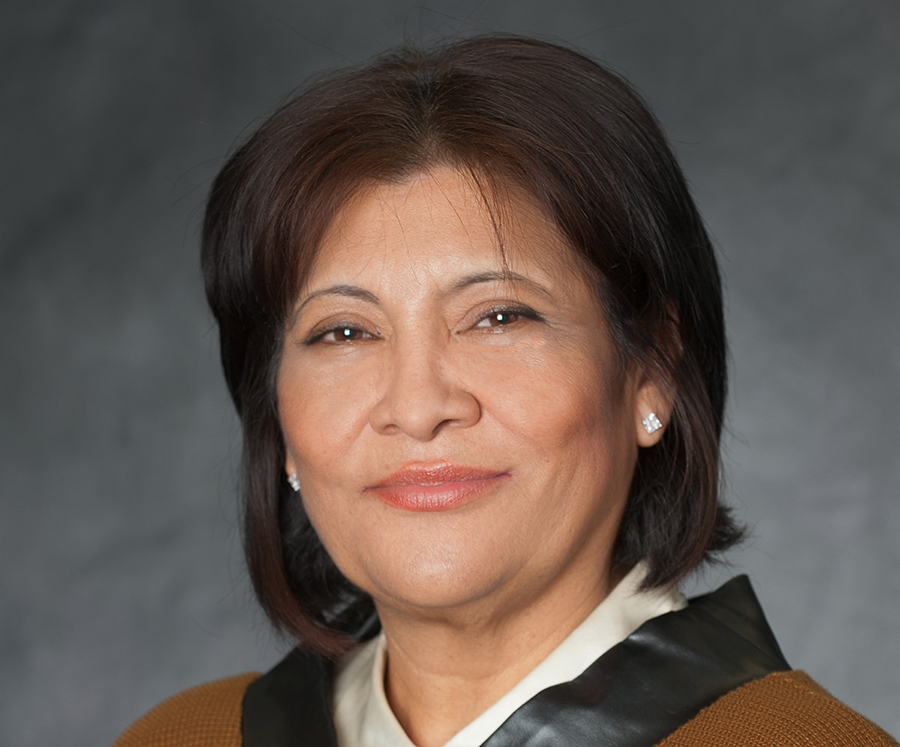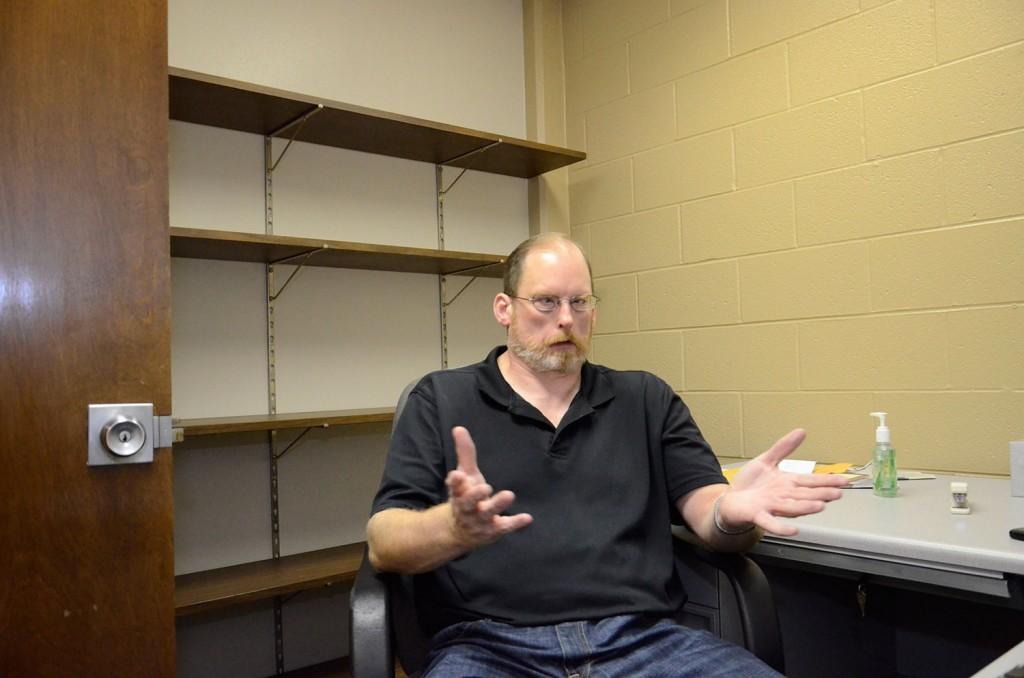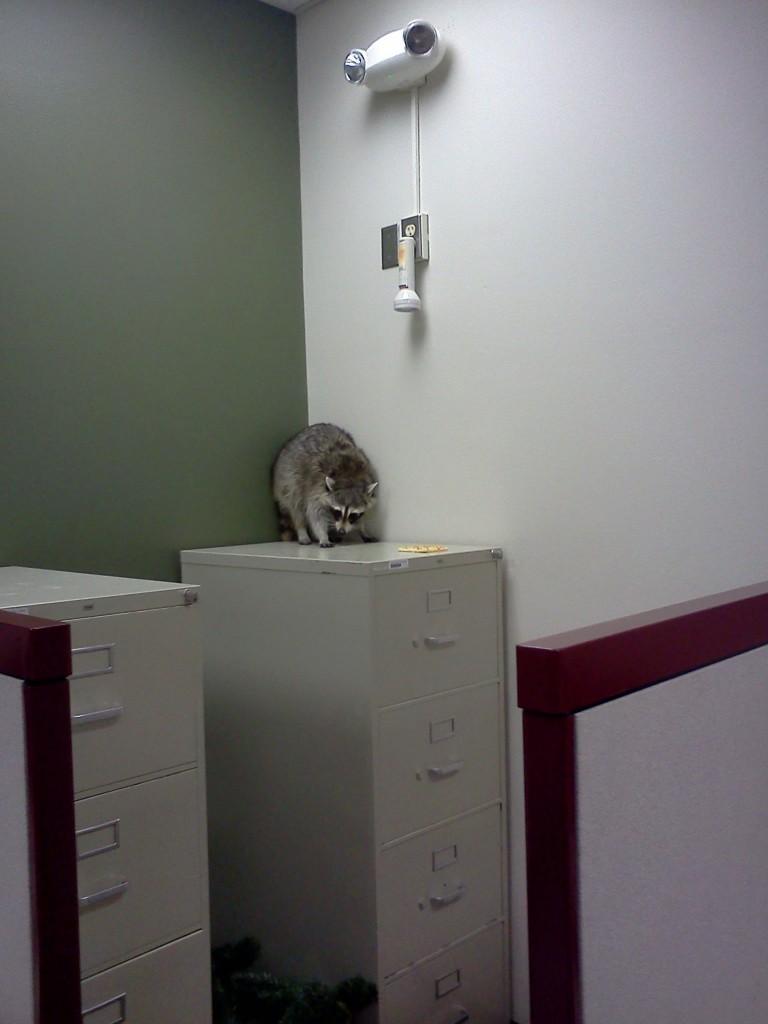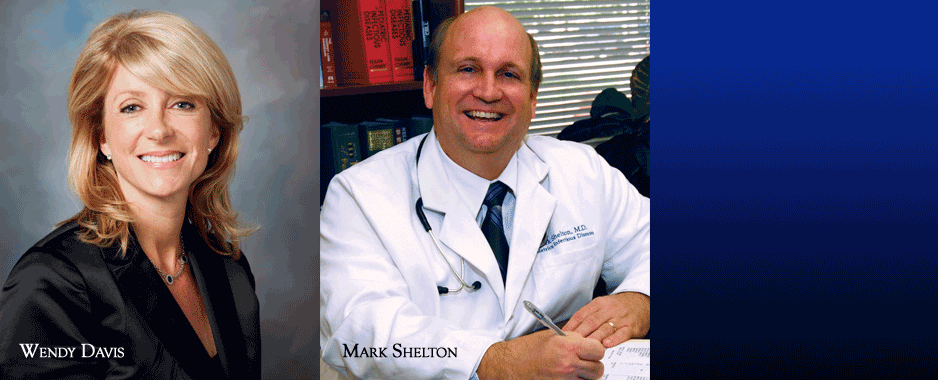NE students gathered Sept. 27 to hear a Baylor All Saints Medical Center counselor discuss Managing PTSD.
Scott Lennox began by profiling an individual who was subject to severe neglect, rape and combat experience, which led to the individual developing symptoms of post-traumatic stress disorder. This individual turned out to be Lennox, who was telling his life story. A Vietnam veteran, he began to experience these symptoms when he was discharged from the war.
Before revealing himself as the individual, Lennox asked the audience where they thought this person was today. The response he focused on was from an audience member who said the individual was “probably curled up in a corner somewhere.” That remark had a special impact on Lennox.
“There was a time that I was actually curled up in a corner,” he said.
After years of counseling and working with his disorder, Lennox said he was able to overcome it.
With PTSD, the affected person’s memory, emotional response, intellectual processes and nervous system have all been disrupted by one or more traumatic experiences.
About 7 to 8 percent of all Americans have PTSD, Lennox said while 10-30 percent of combat veterans develop it.
The likelihood of developing PTSD increases with earlier life-threatening events or trauma, Lennox said. Lack of healthy social support and recent loss of loved ones are also contributing factors to developing PTSD.
The symptoms include but are not limited to exaggerated startled responses, emotional numbing, anger outbursts and hyper-vigilance or guardedness. Other conditions that occur include depression, alcohol and drug dependency and other anxiety disorders, Lennox said.
—Barde Eseyin




























